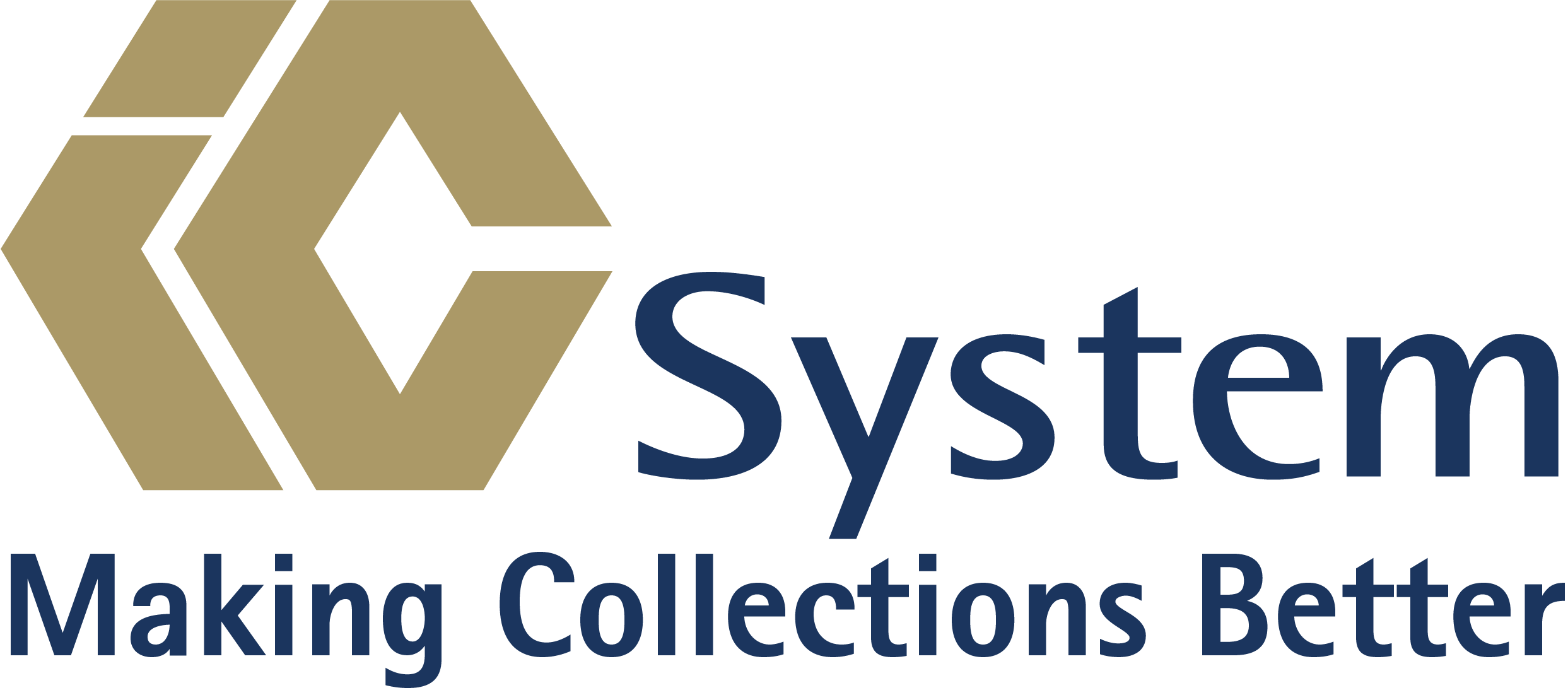Investigate insurance company takeback claims

Accuracy and due diligence in accounts receivable management is key to any management of a practice or clinic. Still, unexpected setbacks will mar even the most flawless system, disrupting projections and cash flow. One of these is a tactic used to boost profits known as insurance company takebacks or recoupments.
What happens is after the healthcare provider receives payment, the insurance company sends a notice stating that a reimbursement for patient care was overpaid. It then tells the provider to reimburse the insurance company by a certain date, or they’ll recover the money by other means, often by reducing future payments in a practice known as offsetting.
Considering the labyrinth of red tape that awaits at most insurance companies, most providers would find it easiest to eat the cost. Before you throw up the white flag, make some inquiries. There’s a chance the healthcare provider, in fact, owes nothing and has the proof to easily defeat the payer’s case for recoupment.
What healthcare providers may fail to understand about insurance companies
Considering the volumes of documentation that fly between the practice and the payer, one would think the payers’ recoupment claim is fact-based and easily proven by documents. What may be shocking is there may not be any substance to an insurance company’s demand for repayment.
According to a blog posted on K&L Gates, insurance companies sometimes base this request on what’s happened with other claims in a practice called sampling and extrapolation. What that means is the payer’s demand for reimbursement is based on an estimate that came from a calculation based on past claims. When a healthcare provider gets a recoupment notice, it’s possible the payer didn’t base this on an analysis of the claim itself or any corroborating medical records. It’s based on a general population of claims.
Why does this happen? Simple answer: Recoupments are an easy way to make money. Medical providers who have taken insurance companies to court over recoupments have found that in one insurer’s case, $7 is recovered from every dollar spent on pursuing overpayments.
“[Recoupments] represent a simple way for insurers to enhance their profitability with little oversight or complications, by simply demanding money back from providers and then unilaterally taking it back by offsetting the alleged overpayment amounts against new and unrelated claims,” says Brian Hufford, a New York attorney who specializes in healthcare insurance litigation.
How health care providers can push back against insurance company takebacks
As mentioned earlier, healthcare providers have taken payers to court over recoupments based on the Employee Retirement Income Security Act (ERISA). Higher court rulings are a mixed bag, but a 2014 ruling blocks insurance companies from offsetting without offering procedures for a healthcare provider to appeal.
* Communicate in writing: Many experts say all communication regarding recoupments should be done by mail, preferably certified mail, to build a complete record of what transpired.
* Know your state’s regulations: This can impact your bottom line. Many states set specific time limits on insurance companies making recoupment claims. Other states block offsetting without the written consent of the healthcare provider. When the claim falls outside the time limit, inform the insurance company in writing that their claim is denied, with a citation of the state law. And for good measure, state in the communication that the insurance company is prohibited from recovering that amount by reducing future claims payments.
* Request documentation: If the reason for the recoupment is vague, mail a certified letter to the insurance company requesting specific information. Also, request a delay of the commencement of offsetting until the matter is resolved.
* Collect evidence and appeal: If the information you have suggests the payment was proper, lay out the facts in the appeal process, citing from the benefits manual along with providing dates and documentation of the patient’s records.
Bottom line, don’t procrastinate! Most insurance companies will commence offsetting 30 days after sending the letter. But acting quickly can pay off and keep your accounts receivables in balance.
Need collection help?
Call us at 1-800-279-3511 to REQUEST PRICING!
About the Author: Eric Johannes








